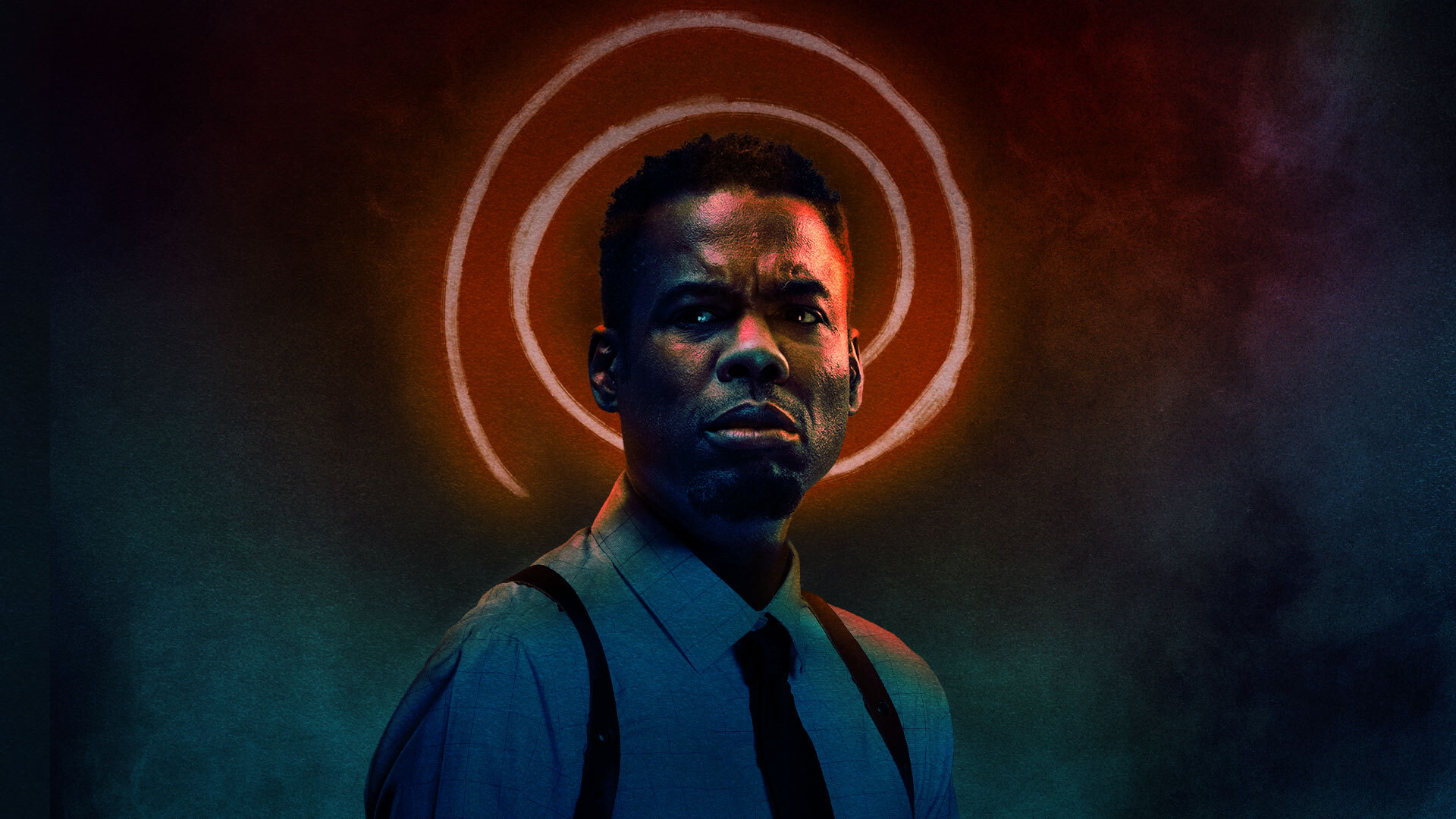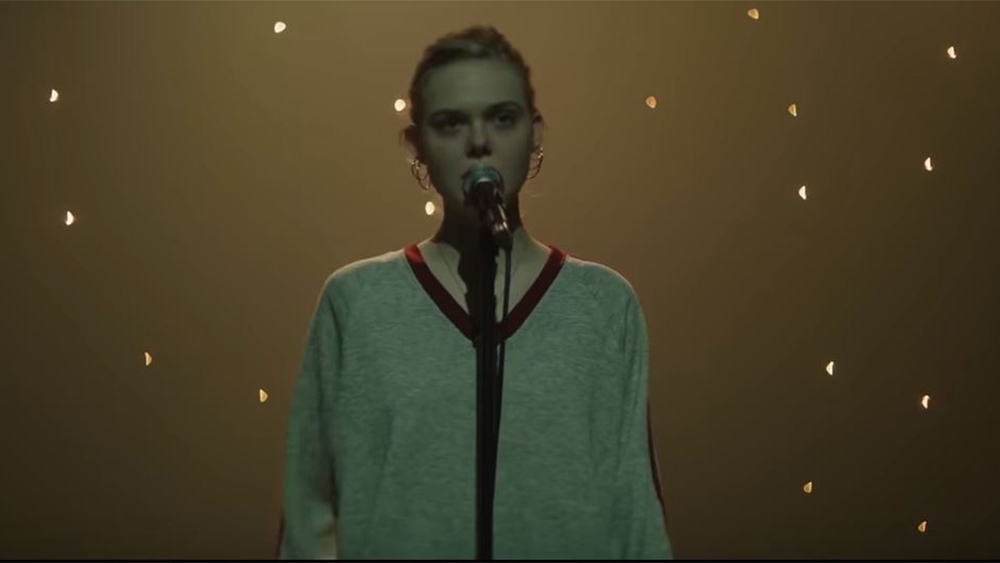Spiral
by Hope Madden
It’s been five years since we’ve had a new episode in the Saw series.
I know! You thought it was longer, right? That’s because the last iteration, 2017’s Jigsaw, was so lackluster and forgettable that you forgot it.
Well, what if they go in a new direction? (Not really, but at least there are name actors.)
What if they bring in filmmakers from the series heyday? Not James Wan and Leigh Whannell. I mean, they have bigger fish to fry. But Darren Lynn Bousman, the guy who directed Saws 2, 3 & 4, is on board. Along with the scribes who penned Jigsaw, Josh Stolberg and Pete Goldfinger.
To summarize, the guys who wrote the worst episode in the Saw franchise have returned with a middling director to take a borderline novel direction for the 9th chapter.
But Chris Rock!
He’s not enough. Neither is Samuel L. Jackson.
We open, as we must, on the first victim. We wander with him into what he doesn’t realize—although we surely do, unless you are very new to this franchise—is a trap, and one that will not end well.
So far so good, to be honest. If this is the kind of horror you enjoy and you aren’t sick beyond words of it just yet, the opening gag is serviceable.
Then we cut to Det. Zeke Banks (Rock), undercover and getting off a couple funny lines concerning the Forrest Gump universe. Nice. But don’t get comfortable because within minutes we’re dropped into Zeke’s precinct, where the coppiest of all the cops vie for most obviously borrowed cop cliché.
Undercover without backup?! You’re off the rails!
Do not team me with a rookie. You know I work alone!
You’re too close!
And so many more sentences articulated with need of an exclamation point. Zeke is, indeed, teamed with a rookie (Max Minghella), the only cop in the precinct who doesn’t hate him for what he did years ago…
Sam Jackson’s kind of fun, though. And it’s hard not to hope that the excruciating opening act exposition and cop grandstanding is all a way to quickly build the world in which these cleverly planned, torturous games are played.
It is not. It is the whole movie. And it isn’t clever, it isn’t fun, it isn’t gory, it isn’t scary.
It isn’t necessary.


